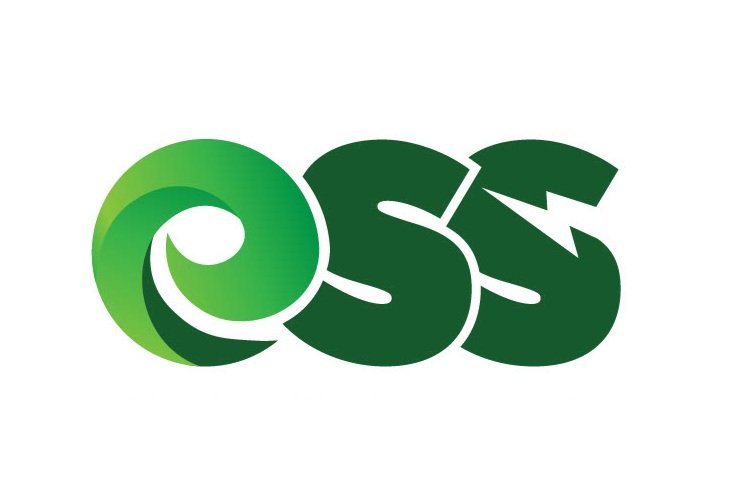Installing Solar Panels: What to Know
Introduction
Solar power has become increasingly popular as a sustainable and renewable source of energy. With the global push towards cleaner energy sources and the rise of eco-conscious consumers, many households and businesses are choosing to install solar panels on their properties. If you're considering installing a solar power system, here's what you need to know.
The Benefits of Solar Panels
Solar power has many benefits over traditional energy sources. Firstly, it is a renewable and sustainable source of energy, which means that it doesn't deplete natural resources or contribute to pollution. Secondly, solar power is cost-effective in the long run, as the initial installation costs can be offset by the savings on your electricity bill over time. Additionally, solar power systems require minimal maintenance and can last for up to 25 years, providing a reliable source of energy for your property.
Choosing a Solar Panels System
Before installing a solar power system, it's important to assess your energy needs and determine the size of the system you'll need. This will depend on factors such as your energy usage, the size of your property, and the amount of sunlight your property receives. A solar power professional can help you determine the optimal system size for your property.
When choosing a solar power system, there are two main types to consider: grid-tied and off-grid systems. Grid-tied systems are connected to the utility grid, allowing you to sell excess energy back to the grid and receive credits on your electricity bill. Off-grid systems, on the other hand, are not connected to the grid and require battery storage to provide electricity when the sun is not shining. The type of system you choose will depend on your energy needs and your location.
Solar Installation Process
The installation process for a solar power system typically involves several steps. First, a solar power professional will assess your property and determine the best location for the solar panels. They will then install the panels on your roof or on a ground-mounted system. Next, the system will be connected to your electrical panel, allowing the solar energy to power your home or business. Finally, the system will be tested to ensure that it is working properly.
Frequently Asked Questions (FAQ)
-
Step 1: Energy Audit
First, get an energy audit. Know your energy needs to size your system right.
Step 2: Roof Inspection
Check your roof's health. If it's weak, repair it before installation.
Step 3: Permits and Paperwork
Sort out permits and paperwork. Your solar provider, like ESS Solar, usually handles this.
Step 4: Clear the Area
Ensure the installation area is clear. Remove any obstacles that could hinder the installation process.
Step 5: Notify Your Utility Company
Give your utility company a heads up. They'll need to know about your new energy setup.
-
Generally, no. Solar panels often don't affect your home insurance significantly. However, it's best to inform your insurance company about the installation. Some even offer green energy discounts!
Note: Always check with your insurance provider for specifics.
-
Immediate Benefits
Reduced Electricity Bills: Almost immediate reduction in your monthly bills.
Tax Credits: Take advantage of federal and state tax incentives.
Long-Term Benefits
Increased Home Value: Homes with solar panels sell faster and at higher prices.
Sustainability: You're contributing to a greener planet.
Maintenance
Minimal Upkeep: Solar panels require little maintenance, mostly just regular cleaning.
Monitoring: Keep an eye on energy production to ensure optimal performance.
-
What's the Efficiency Rate?: Higher efficiency means more energy production.
What are the Installation Costs?: Know the full cost, including installation and additional equipment.
What Incentives are Available?: Ask about federal, state, and local incentives.
What's the Warranty?: Understand the terms and duration of the warranty.
How is the System Monitored?: Is there an app or dashboard for real-time monitoring?
Note: Always ask for customer testimonials or case studies to gauge the reliability of the solar provider.
Maintenance and Upkeep
Solar power systems require minimal maintenance and upkeep. However, it's important to clean the solar panels regularly to ensure that they are functioning at peak efficiency. This can be done with a soft-bristled brush or a hose. Additionally, you may need to replace the inverter or other components of the system after several years of use. A solar power professional can help you determine when maintenance is necessary.
Conclusion
In conclusion, solar power installation offers many benefits for households and businesses looking for a sustainable and cost-effective source of energy. By choosing the right system for your property and working with a professional installer, you can enjoy reliable energy and savings on your electricity bill for years to come.

